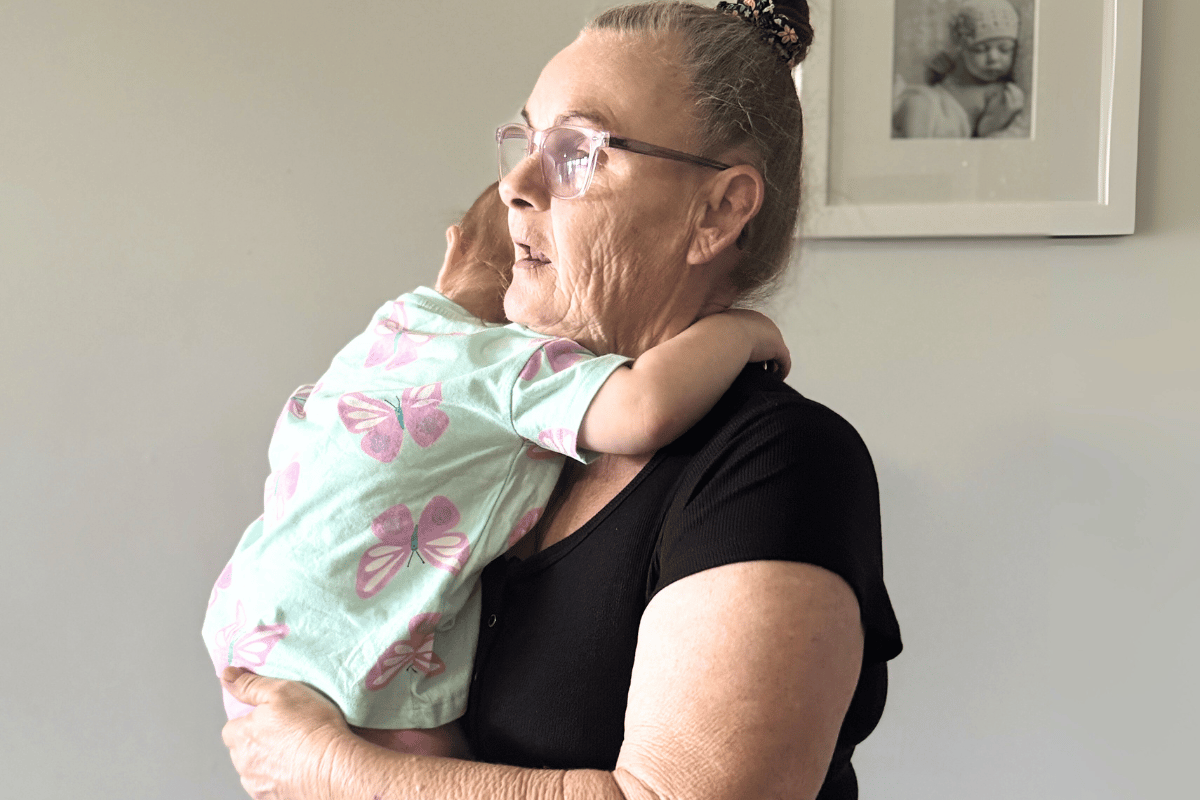
When Tracey Bennett was diagnosed with Stage 4 renal cancer in 2018, her world shattered.
"I was told straight away that it was terminal — incurable — and that I would be living with this for the rest of my life, however long that might be," Tracey tells Mamamia.
"There's nothing that prepares you for that kind of news. You don't just grieve for your health — you grieve for all the plans you had, the time you thought you still had, and the future you thought was ahead of you."
Tracey began treatment with immunotherapy, full of hope that it might buy her more time.
Watch: Magda Szubanski shares her cancer diagnosis. Article continues after the video.
"When that worked, I was told the cancer was gone. Two years went by, I was living on a high, cancer-free," she said.
But her joy didn't last.
The cancer came back and Tracey was enroled in a targeted drug trial.
"It came with brutal side effects, and despite everything I endured, it didn't stop the cancer from progressing," she explained.




























































































